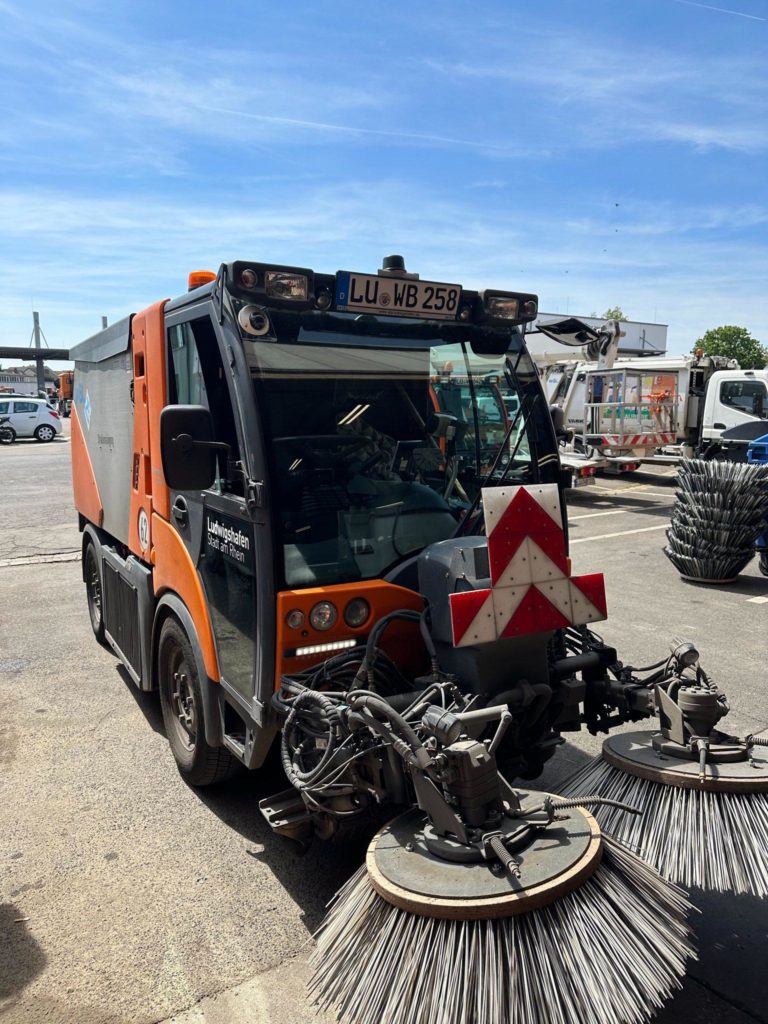Helping councils to improve their residents’ well-being while reducing their impact on the environment – this is what Cortexia is out to do with its refuse mapping system. This AI-based technology optimises the use of resources and improves the cleanliness of city streets. “We are the only company in the world that offers an automatic, objective way of measuring street cleanliness,” says Andreas von Kaenel, Cortexia’s CEO. The Swiss company is also active in France and Germany through two subsidiaries.
The vehicles used by Cortexia’s municipal customers are fitted with a camera and a Cortexia Box, which processes the live images and automatically uploads the resulting data to the Cloud. The AI system used is capable of identifying 14 different categories of rubbish. From the data it collects, the system calculates street cleanliness, rating it on a level of 0 to 5. Each council can determine its own optimum cleanliness rating, which is not set at the maximum possible score. “By measuring street cleanliness, councils can optimise their use of resources, with more frequent deployment in areas identified as less clean and less frequent visits where the streets would otherwise be overcleaned,” adds Andreas von Kaenel. In cities where its technology is used, Cortexia has seen an average 20% reduction in the use of sweeper vehicles (which equates to a 20% reduction in carbon emissions). The technology enables councils to save water too.
Working with its municipal customers’ cleaning departments and with environmental organisations, Cortexia has set up Clean City Labs to conduct real-world experiments investigating ways of improving the technology and identifying best practice by setting predefined objectives. In Geneva, this experimental approach has resulted in optimised street cleaning that takes into account different times of day and different types of refuse. Impact measurements can also be used to automate when and where sweepers are used – to provide predictive street cleaning. More recently, Cortexia has also been working on improving the quality of the system’s organic waste recognition to increase the amount of recycled waste. “Recycling bins contain too many foreign bodies; we have developed a way of assessing the contents of refuse vehicles before they go for processing,” says Andreas von Kaenel. The idea is to reward well-performing councils – those that encourage their citizens to sort their waste correctly – by charging them less to use the recycling infrastructure.

Cortexia SA